Sustainably supporting farmers in the Terai Region of Nepal
In Phase 1 of SDIP (2014 – 2018), ACIAR’s main contribution to the portfolio was through the Sustainable and Resilient Farming Systems Intensification (SRFSI) project. This project focused on understanding the situation for local farmers and agribusinesses in the EGP and improving the productivity, livelihoods and resilience of smallholder farmers.
The farming systems improvements tested in SRFSI are based on Conservation Agriculture based Sustainable Intensification (CASI), which is a broader form of Conservation Agriculture that incorporates agronomic, socio economic and institutional aspects of food production, including more sustainable agroecosystem management, increased input use efficiency and increased biological and economic productivity.
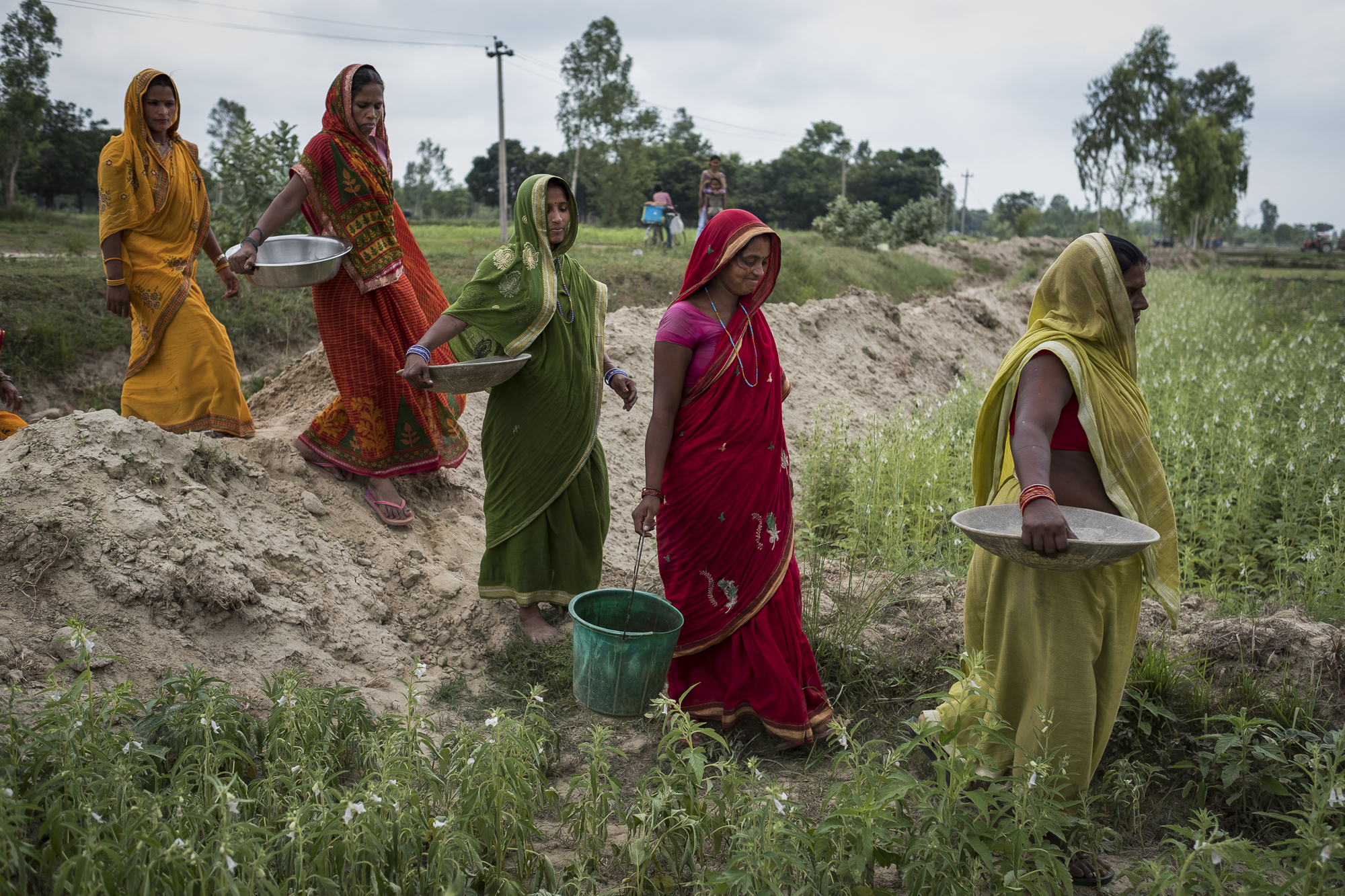
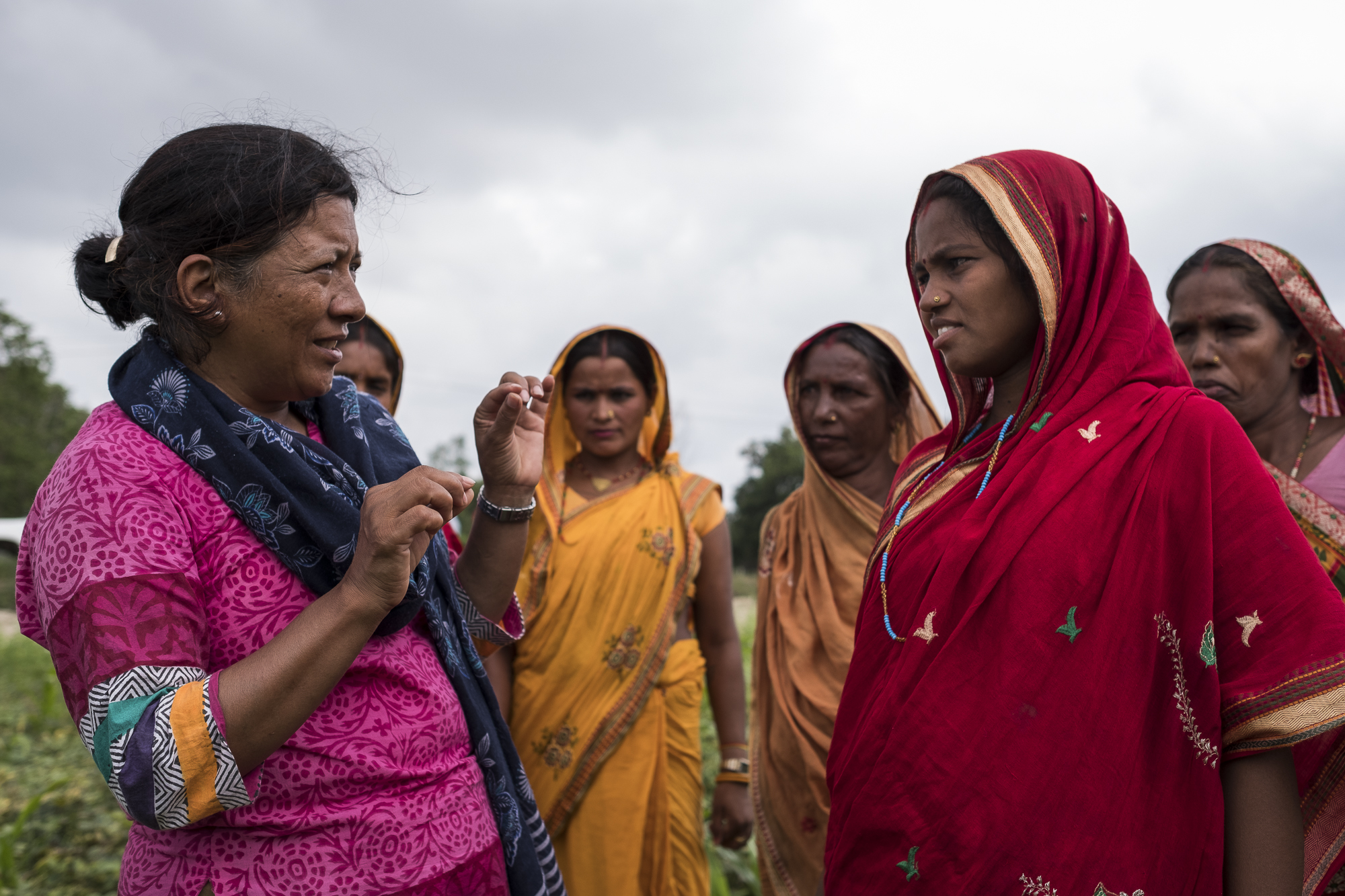
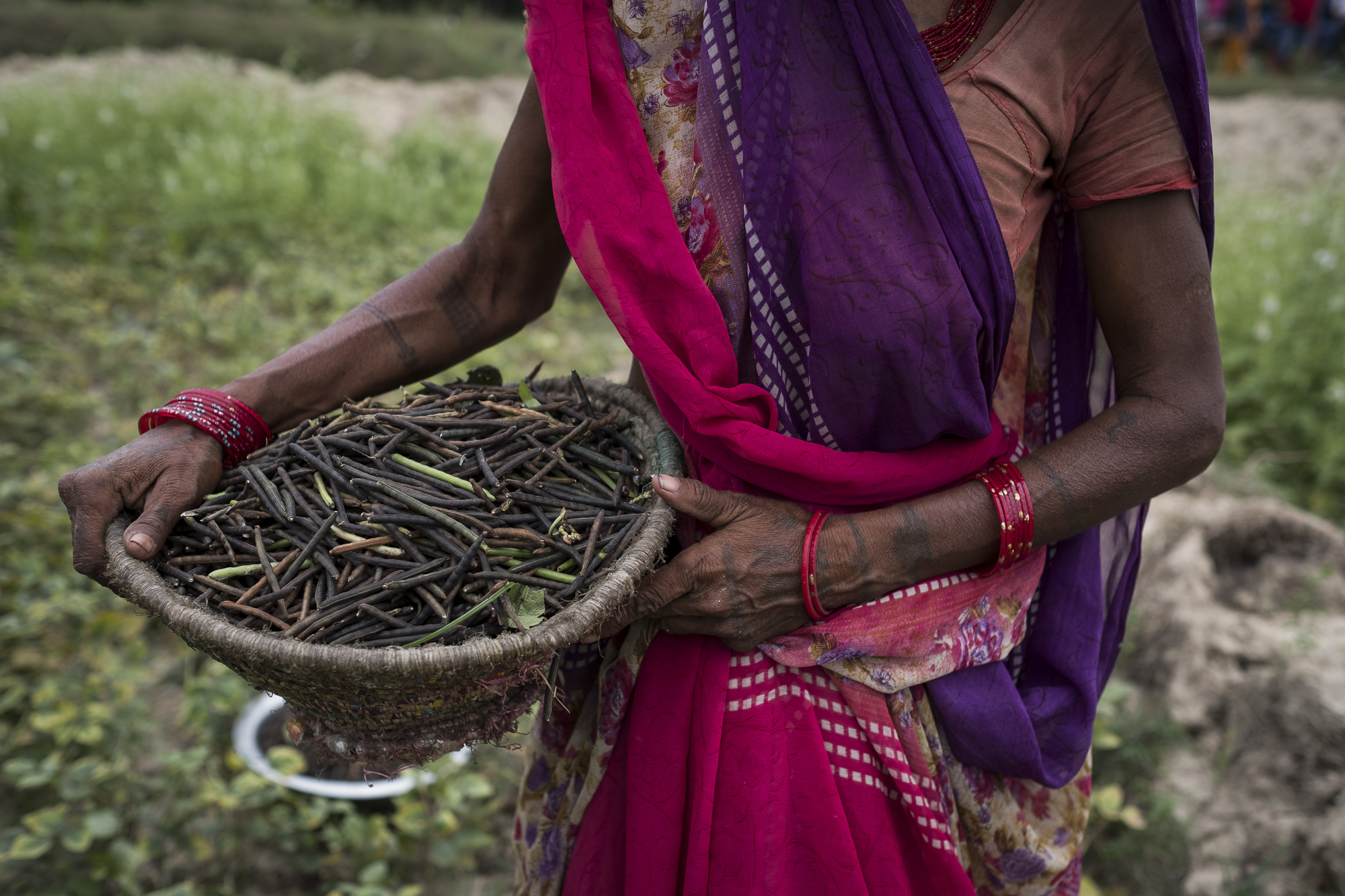
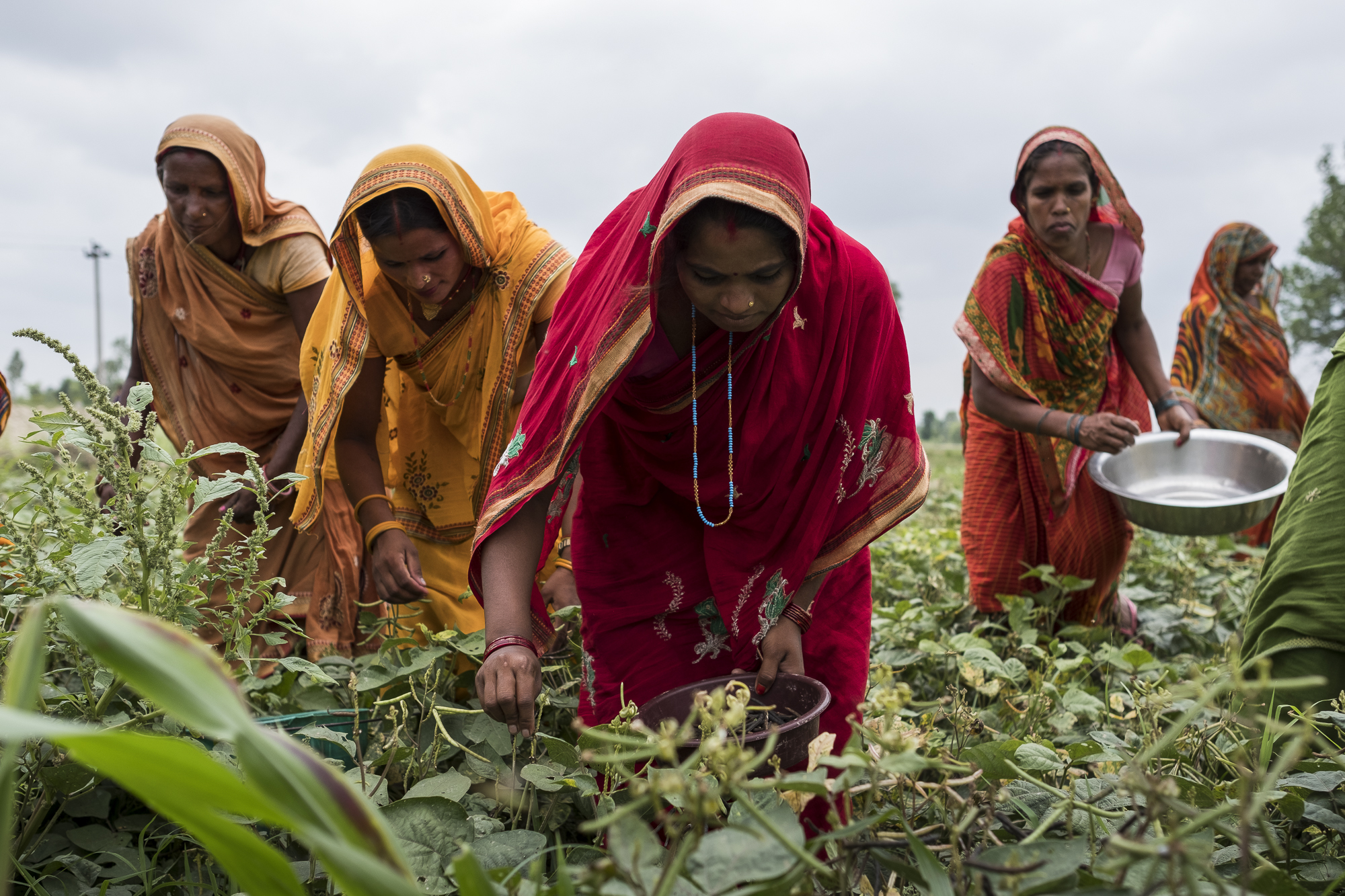
“Before this ACIAR project in Eastern Gangetic Plain, the farmers, particularly the marginal farmers do have a main season rice crop and the winter crop was very uncertain because lack of irrigation and labor shortage. With the implementation of this ACIAR projects, with the use of machinery, the farmers could grow more than two crops in a year. Also this technology requires less water.”
— Dr Renuka Shrestha

Introducing a long-term conservation agriculture based sustainable intensification approach meant demonstrating small-scale mechanization, crop diversification and better water management techniques; improving skills for farmers and local businesses through training and demonstration events; and helping local networks come together to address pressing problems within their villages.
Altogether over 50,000 people have participated in project events including field days and demonstrations, training and group discussions, of which almost half were women (between 2014 – 2017). Relative to ‘business as usual’ practices, CASI approaches have been proven to improve the productivity and profitability of rice, maize, wheat and lentil farming systems while at the same time reducing the amount of water, fuel and labour needed to produce a crop.
Intercropping maize with leafy vegetables offers even greater returns, especially for women. Women also report positive impacts on household food security, health and children’s access to education.
In Bhaluwa village, Terai region of Nepal members of the Ratu Rani Women’s Agriculture Collective walk out to a field where their group leader demonstrates how they have learnt to use a rice-transplanting machine.
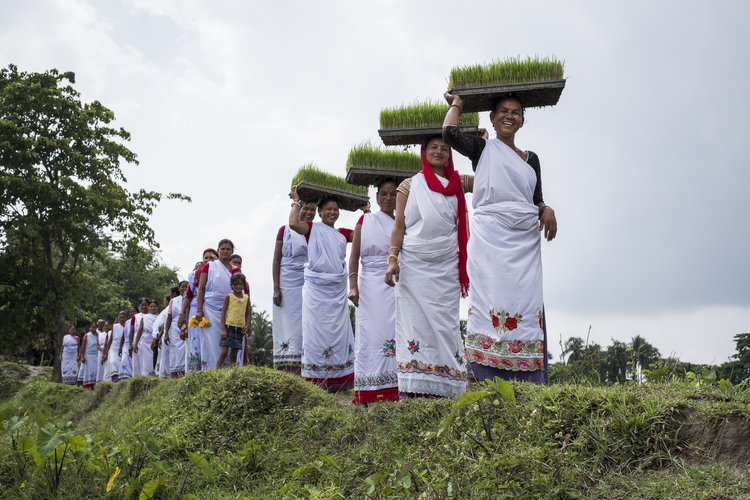
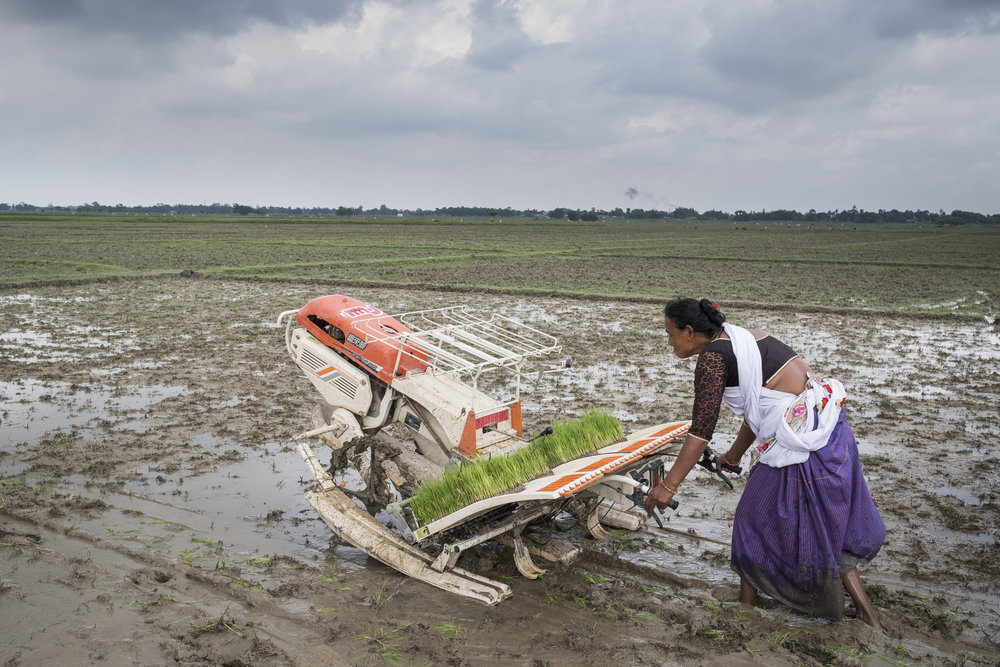
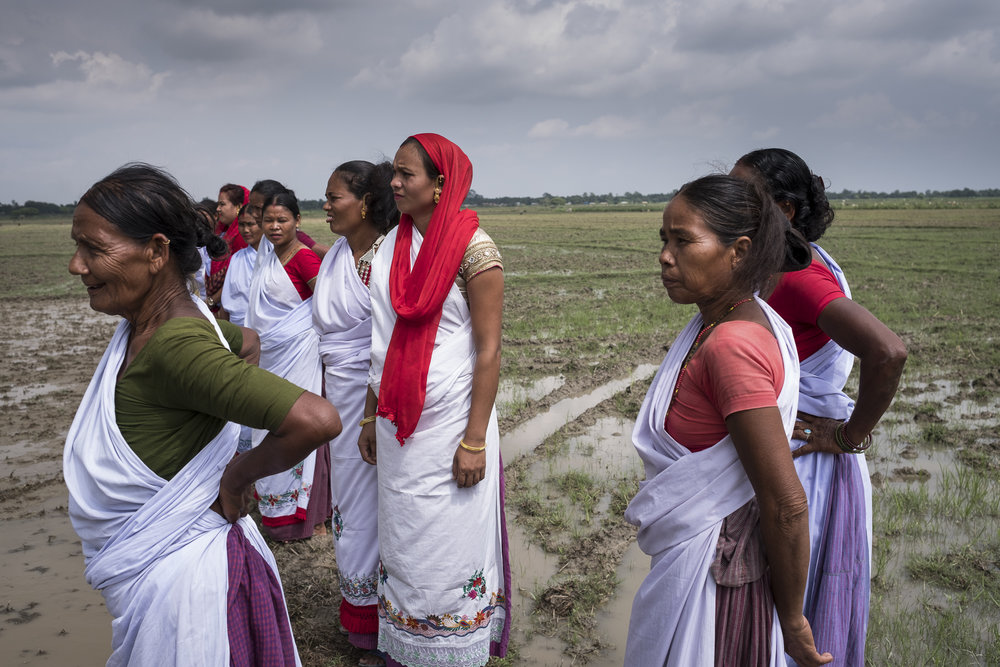
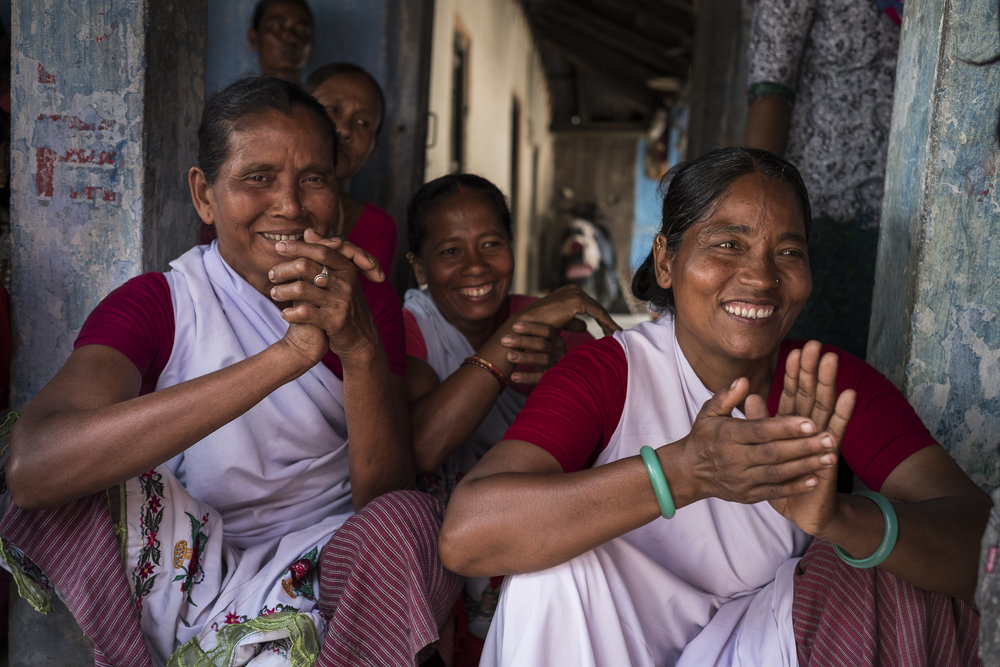
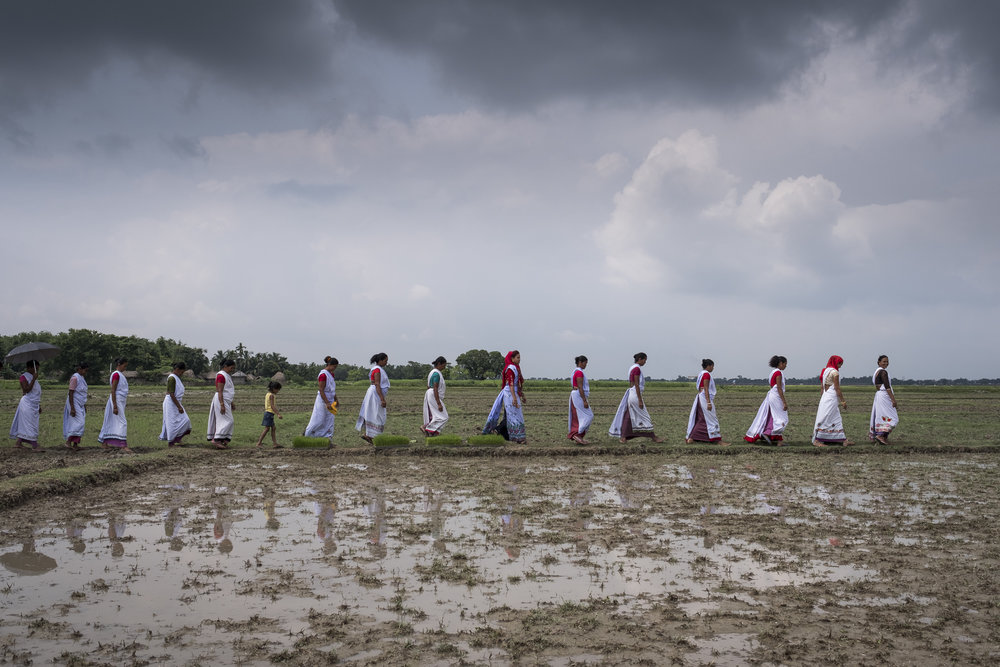
“I love my tractor.”
— Ajeet Karma
SFSRI has supported Ajeet and his group with the introduction of a Zero Till (ZT) direct seeding machine that can plant seed and fertiliser at the same time. The introduction of the small scale machinery, particularly Zero till (ZT) wheat and maize in India and Nepal has helped farmers like Ajeet cope with a shortage of labour. He can now single-handedly undertake many farming tasks with just a small machine as opposed to a large group of labourers he previously relied on, and which is increasingly difficult to find with the large migration of men out of rural areas. Ajeet now relies solely the tractor for a large part of his farming work.
Each year the rates of men migrating from rural farming communities in the Terai to Gulf nations or the region’s capital cities in search of work continues to steadily rise. This trend has meant women are emerging as the head of the household and sole operators of the farm which sees them performing a wide range of tasks related to planning, cropping, managing, processing and marketing. SDIP understands the challenges these women face in accessing information, finance and skills, and the potential for them to play a greater role as farmers and income earners for their households.
“I just get the ideas of how to farm. How it can be a good source of income, and the employment. And as I have told you that agriculture land, the human resource and the technology, this can be managed and this is the only way that Nepal can sort of transform it in a good living country.”
— Ajeet Karma


All photos and videos by Conor Ashleigh/ACIAR © 2018.
Join our mailing list here to stay up to date for more stories from SDIP Phase 2.